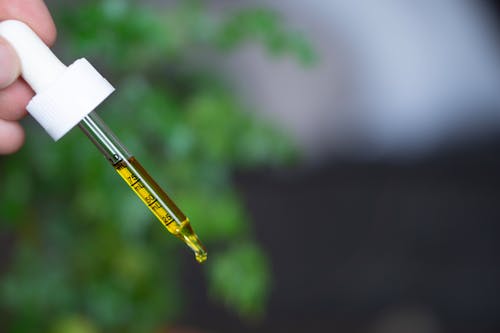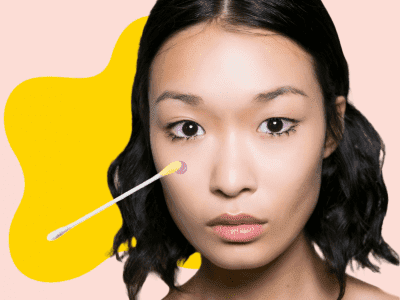
Cannabidiol, also known as CBD, and Tetrahydrocannabinol (THC), are the major cannabinoids of the Cannabis plant for CBD tips. Unlike THC, CBD is not psychoactive, which means it won’t make you “high.” It has many health benefits, i.e., it helps to relieve pain and seizures for epileptic people. Medical news and articles have stated that CBD is food for good sleep, which is essential but often overlooked.
Regular sleep has many health benefits you should consider. CBD helps to deal with anxiety and promote good sleeping habits in adults. Our Cannabis lifestyle blog Eyetoke gives you CBD tips on how to sleep better with anxiety.
CBD Tips – Research on Sleep and CBD
Insomnia, or lack of sleep, is caused by mental health disorders, i.e., anxiety, medications, chronic pain, caffeine, and environmental factors such as loud noises. CBD for anxiety helps to treat insomnia, which is caused by external factors, and though research is at its early stage, the results show that it’s useful in treating anxiety.
Also Read:- How Medical Marijuana Can Help Relieve Symptoms
Marijuana and CBD use to treat various conditions has increased in the last few years. Specifically, CBD is beneficial in dealing with conditions like insomnia. The ability of cannabis to alleviate conditions dates back to 1500 B.C. in Atharvaveda and 1200 A.D in China, where people used it to induce sleep.
A 2018 research in Pharmacology also shows that CBD can soothe the pain that could otherwise cause sleep problems. By easing your pain, CBD helps to deal with sleep problems.
Another research conducted in 2014 by researchers at the University of Sao Paulo, which involved Parkinson’s disease patients, shows that CBD helps patients with rapid eye movement (REM) deal with sleep disorder and daytime sleepiness.
According to a recent survey by Consumer Reports in the U.S., 10% of Americans who used CBD said it helped them sleep, and the majority confirmed that it worked as prescribed. Today, people are still using cannabis in the form of cannabidiol or CBD to induce sleep. Marijuana and Hemp have a compound that doesn’t make you high, which has made them famous as they’re also a solution to numerous health problems such as pain and anxiety.
CBD Tips – Dosage

Since research on CBD is still ongoing, there is no exact recommended dosage that will help deal with your sleep issues. You might have to use the “trial and error” method until you get what works best for your body. Also, there are many CBD brands and products in the market. Only buy from reputable brands to ensure you get safe and high-quality CBD products.
CBD Tips – Different Forms of CBD Oil
Vaping is not the only way of taking CBD – there are other ways of consuming it. The only difference might be the time before the products take effect. Ensure you buy products that are well-grown, lab-tested, and are organic.
Edible CBDs
Many CBD manufacturers sell it in the form of mint gummies, truffles, and mints. These are the most common forms for patients as vaping is not advisable.
Broad-Spectrum CBD Oil
Broad-spectrum is also known as full-spectrum CBD oil. It has the highest cannabinoid components than other CBD forms because it doesn’t undergo processing, and you take it the way it is. This helps it retain terpenes – compounds with numerous health benefits and contribute to CBD products’ taste and smell.
Sublingual CBDs

These are the best alternative to edibles if you don’t like sugar or preservatives. Sublingual CBDs are placed under the tongue, meaning they give faster effects. They include oil forms, tablets, and oral sprays.
Even so, it’s imperative to remember that CBD’s ability to improve your sleep will diminish over time, and so you should avoid using it daily or in the long-term. Large doses are also effective, but it’s advisable to start with low doses and gradually increase until you find the best dosage.
CBD Tips for Sleep – Final Thoughts
Research supports CBD benefits and especially in improving sleep. Although more research on CBD is still needed, CBD use helps lower insomnia symptoms and promote better sleep. Consult your doctor first, especially if you are on medications, to know the causes, treatments, and cannabis side effects.






